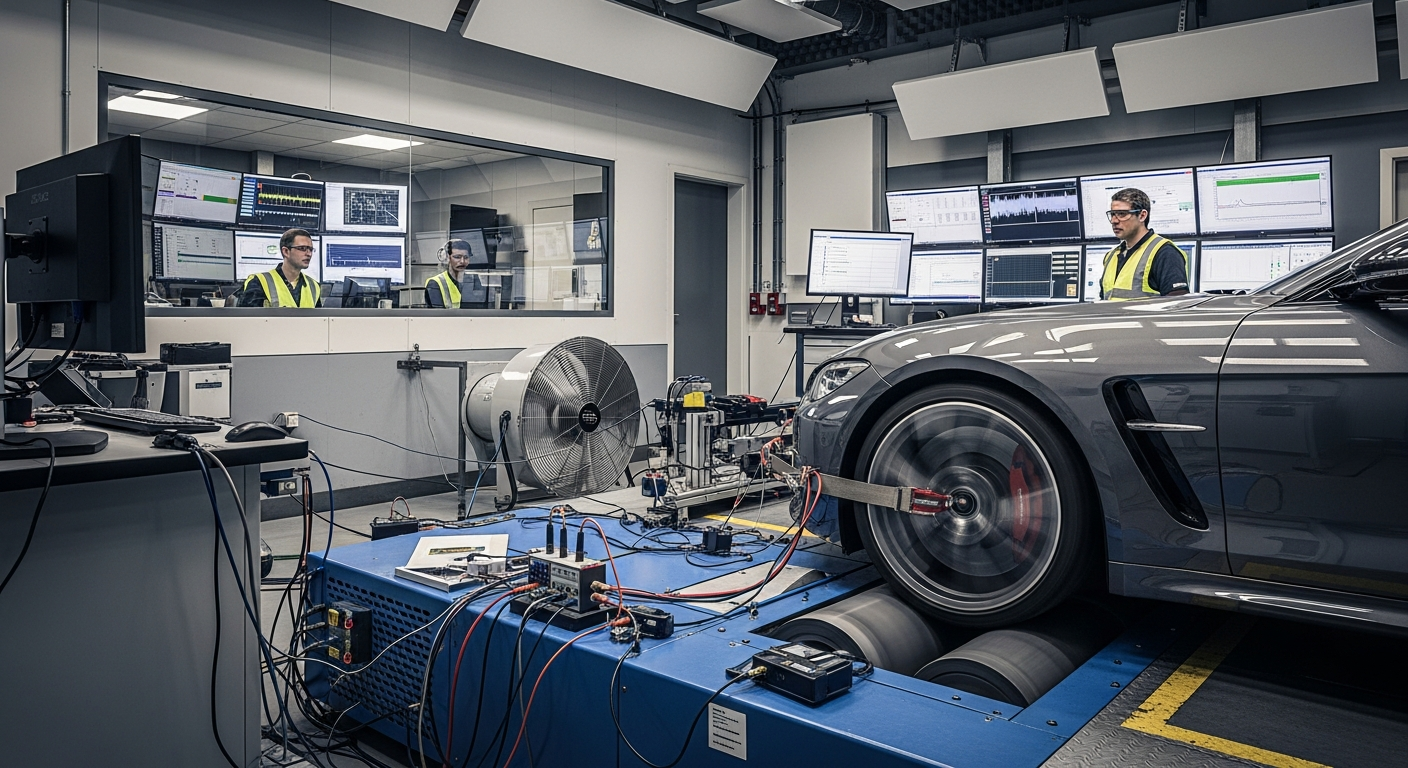Legal Challenges in Regulating Autonomous Vehicles
Introduction: The advent of autonomous vehicles is reshaping the legal landscape, presenting unprecedented challenges for lawmakers and regulators. As self-driving cars transition from concept to reality, legal frameworks struggle to keep pace with rapid technological advancements. This article explores the intricate legal hurdles in regulating autonomous vehicles and the potential solutions being considered.

Liability and Insurance Challenges
One of the most complex legal issues surrounding autonomous vehicles is determining liability in the event of an accident. Traditional car insurance models are based on human error, but with self-driving cars, the question of fault becomes murkier. Is the manufacturer responsible? The software developer? The owner of the vehicle? Or some combination thereof? Insurance companies are grappling with these questions, trying to develop new models that can adequately cover the risks associated with autonomous technology.
Data Privacy and Cybersecurity Concerns
Autonomous vehicles generate and process vast amounts of data, raising significant privacy and security concerns. The legal community is debating how to balance the need for data collection to improve vehicle performance and safety with individuals’ right to privacy. Additionally, as these vehicles become more connected, they become potential targets for cyberattacks. Legislators are working to develop robust cybersecurity standards to protect autonomous vehicles from hacking and unauthorized access.
Ethical Decision-Making and Programming
Perhaps one of the most challenging aspects of regulating autonomous vehicles is addressing the ethical decisions these machines may need to make. In emergency situations, self-driving cars may face moral dilemmas similar to the famous trolley problem. How should these vehicles be programmed to respond in such scenarios? Should they prioritize the safety of passengers over pedestrians? These ethical questions have significant legal implications and are sparking intense debates among policymakers, ethicists, and legal scholars.
International Harmonization Efforts
As autonomous vehicles become a global phenomenon, there’s a growing recognition of the need for international harmonization of regulations. Different countries are taking varied approaches to regulating self-driving technology, which could create barriers to cross-border travel and commerce. International organizations and forums are working to develop common standards and protocols, but achieving global consensus remains a significant challenge.
The Role of Federal Agencies
In the United States, federal agencies like the National Highway Traffic Safety Administration (NHTSA) are playing a crucial role in shaping the regulatory landscape for autonomous vehicles. The NHTSA has released guidelines for automated driving systems, but these are voluntary and lack the force of law. There’s ongoing debate about whether a more robust federal framework is necessary to ensure consistency and safety across state lines.
Adapting Traffic Laws and Infrastructure
Existing traffic laws and road infrastructure were designed with human drivers in mind. As autonomous vehicles become more prevalent, there’s a need to adapt these systems. This includes updating traffic signs and signals to be machine-readable, revising rules of the road to accommodate self-driving cars, and potentially creating dedicated lanes or zones for autonomous vehicles. These changes require careful legal consideration and significant public investment.
The Path Forward
Regulating autonomous vehicles is a complex and evolving challenge that requires collaboration between lawmakers, technologists, ethicists, and industry stakeholders. As the technology continues to advance, legal frameworks must remain flexible enough to adapt to new developments while ensuring public safety and addressing societal concerns. The coming years will likely see a surge in legislation and court cases that will shape the future of autonomous vehicle regulation.
In conclusion, the legal challenges in regulating autonomous vehicles are multifaceted and far-reaching. From liability and insurance to ethics and international harmonization, the legal community faces a daunting task in creating a comprehensive framework for this transformative technology. As self-driving cars move closer to widespread adoption, the resolution of these legal issues will play a crucial role in determining the future of transportation and mobility.






